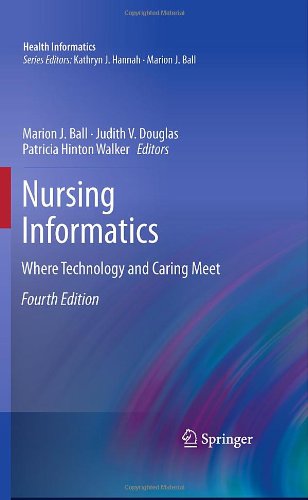

Most ebook files are in PDF format, so you can easily read them using various software such as Foxit Reader or directly on the Google Chrome browser.
Some ebook files are released by publishers in other formats such as .awz, .mobi, .epub, .fb2, etc. You may need to install specific software to read these formats on mobile/PC, such as Calibre.
Please read the tutorial at this link: https://ebookbell.com/faq
We offer FREE conversion to the popular formats you request; however, this may take some time. Therefore, right after payment, please email us, and we will try to provide the service as quickly as possible.
For some exceptional file formats or broken links (if any), please refrain from opening any disputes. Instead, email us first, and we will try to assist within a maximum of 6 hours.
EbookBell Team

4.0
96 reviewsDespite paying more for healthcare than any other country in the world, the US ranks below more than 40 other countries in life expectancy – down significantly from two decades earlier. As the Institute of Medicine concluded, “The current care systems cannot do the job. Trying harder will not work. Changing systems will.” Creating a new system that is “safe, effective, patient-centered, timely, efficient, and equitable” demands transformative change and the health information technology (IT) to support it. For the more than 2.6 million nurses who make up more than half of the national healthcare workforce, IT will be more than an enabler. This fourth edition of Nursing Informatics serves as a definitive guide to the transformation now underway, drawing insight and energy from the initiative known as Technology Informatics Guiding Education Reform (TIGER). Launched by a small group of nurse advocates, TIGER is a guiding force for integration of technology and informatics into education and practice nationally and provides leadership across health professions and delivery settings. Subsequently, it has developed nine collaborative sections that address critical areas for change: education and faculty development, staff development, informatics competencies, standards and interoperability, usability and clinical application design, leadership development, national health information technology agenda, virtual demonstration center, and consumer and personal health record. This new edition reflects the core tenets set forth in the recommendations made by the TIGER initiative, focusing on a range of issues: • Transformation, culture change, and diffusion • Competencies, education, staff development, and leadership • Infrastructure, adoption, and implementation • Comparative effectiveness research and personalized medicine • Global initiatives The editors for this new edition include key nurse advocates and informaticians active in the TIGER initiative: Marion J. Ball, Judith V. Douglas, Patricia Hinton Walker, Donna DuLong, Brian Gugerty, Kathryn J. Hannah, Joan Kiel, Susan Newbold, Joyce Sensmeier, Diane Skiba, and Michelle Troseth.